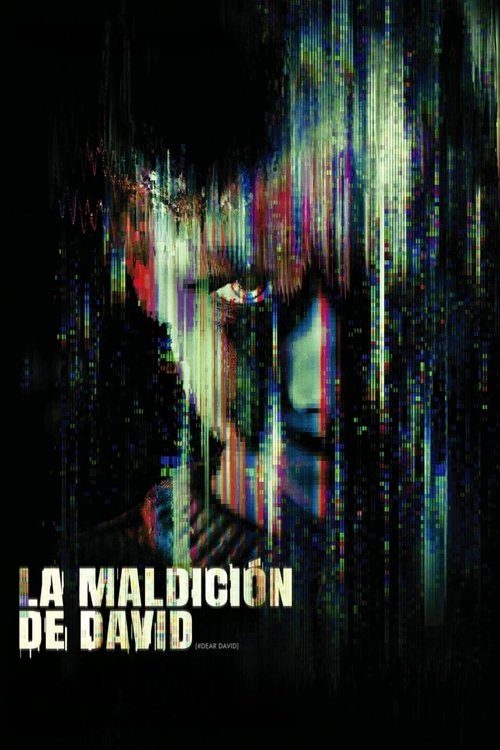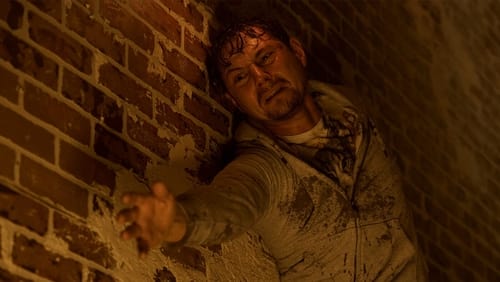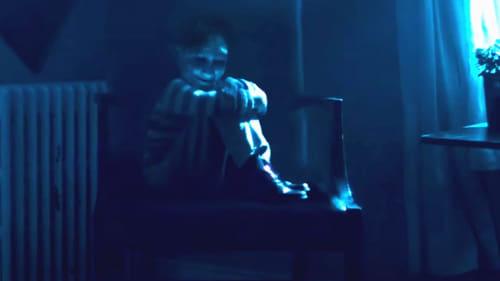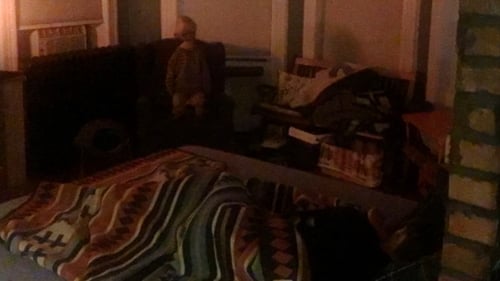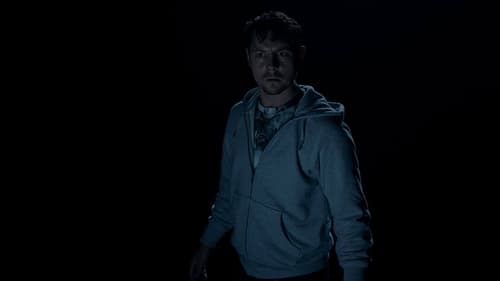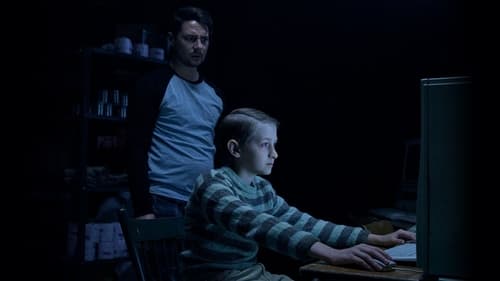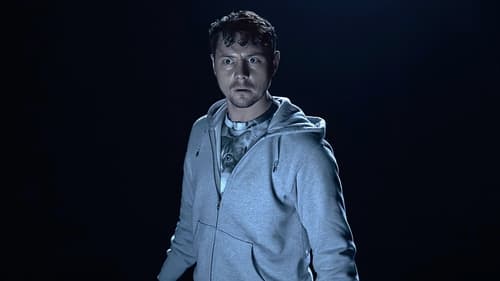
Marco-Hugo Landeta Vacas
3
|
may. 07, 2025
(CASTELLANO) Hay películas que nacen de ideas originales, otras de libros o leyendas, y luego está Dear David, que viene directamente de un hilo de Twitter. La premisa prometía: una historia de terror basada en supuestos hechos reales, con ese aire moderno de "terror digital" que tanto juego podría dar. Pero al final, lo que podría haber sido inquietante se queda en una especie de refrito sin alma.
La película tiene sus momentos, algún susto puntual que funciona y una atmósfera que al principio parece querer construir algo serio. Pero no tarda mucho en volverse repetitiva, con un desarrollo que ni asusta, ni inquieta, ni engancha. Lo más frustrante es que intenta tomarse tan en serio que pierde lo que podría haber sido su mayor baza: lo absurdo y lo misterioso del fenómeno original.
Los personajes no ayudan. Cuesta empatizar con ellos, y la historia, que debería ir creciendo en tensión, se va desinflando poco a poco. Cuando llega el final, lo único que queda es la sensación de que todo esto daba para un corto... o mejor, para quedarse en Twitter.
Ni los fans del terror clásico ni los que buscan algo diferente saldrán muy satisfechos. Se puede ver, sí, pero con expectativas muy bajas. Una lástima, porque Dear David tenía todo para ser, como mínimo, una experiencia curiosa.
(ENGLISH) Some films are born from original ideas, others from books or urban legends… and then there’s Dear David, which comes straight from a Twitter thread. The premise was promising: a horror story based on supposed real events, with a modern "digital terror" twist that could have really worked. But in the end, what could have been unsettling turns out to be a soulless retread.
The movie has its moments—there are a few jump scares that do their job and an atmosphere that initially seems to be building toward something serious. But it quickly becomes repetitive, with a plot that doesn’t really scare, intrigue, or hook you in. What’s most frustrating is how seriously it tries to take itself, losing what could’ve been its best card: the absurd, mysterious nature of the original viral story.
The characters don’t help. It’s hard to empathize with them, and the story, which should build tension, just slowly fizzles out. By the time the ending rolls around, you’re left feeling like this was better suited for a short… or honestly, best left on Twitter.
Neither fans of classic horror nor those looking for something different will leave satisfied. It’s watchable, sure—but only if you keep your expectations very low. A shame, because Dear David had all the ingredients to at least be an intriguing experience.
